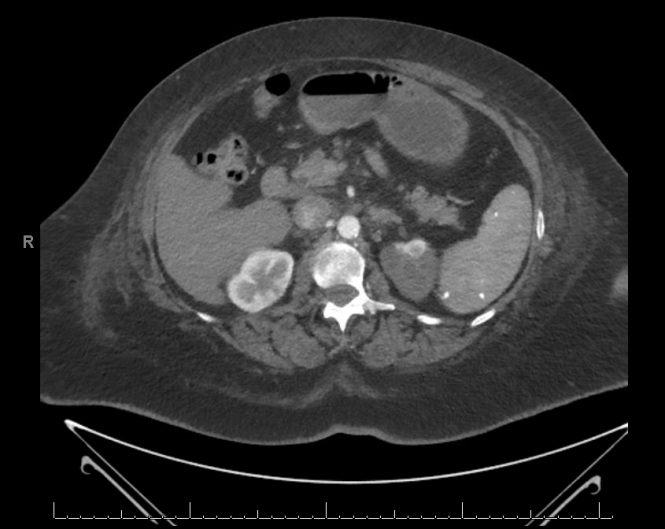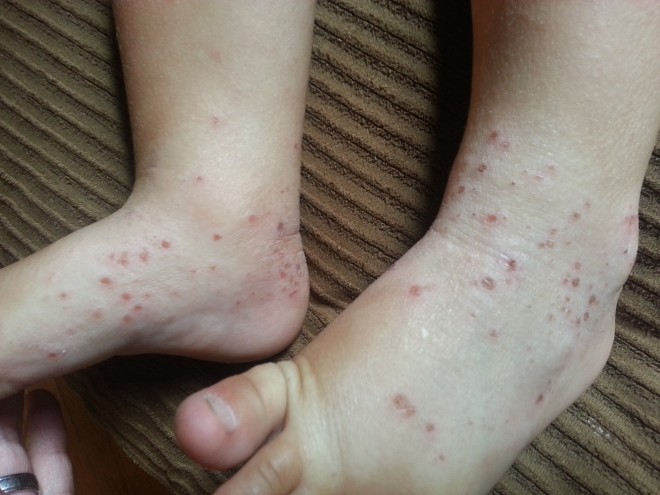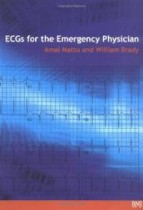Category: Internal Medicine
-

Central vs. Peripheral Vertigo Simplified
The first and most important step in evaluating a patient with vertigo is to attempt to distinguish vertigo of central origin from vertigo of peripheral origin because the management of central vertigo (brain imaging, hospital admission) is very different from the management of peripheral vertigo (symptomatic treatment, outpatient referral). Differences Between Central and Peripheral Vertigo Peripheral Vertigo…
-

Headache: The Ominous Causes
Introduction Most headaches are benign and do not require a specific workup. Here are the ominous ones that require a specific workup and management. From the Patient History Sudden, severe, and maximal at onset, especially in an older patient without a prior history of headaches → subarachnoid hemorrhage → get a head CT without contrast → CT angiogram or…
-

Medical Question: Flank Pain
A 60-year-old female presents to the emergency department complaining of intense left sided-flank pain radiating to the groin. Urinalysis is positive for gross hematuria, while a non-contrast CT of the abdomen and pelvis is negative for stones. The patient is sent for a contrast CT of the abdomen and pelvic, from which the following image is…
-
How to Remember the Causes of Arrhythmias (the H’s and T’s)
Causes of arrhythmias, including asystole, include: H‘s: think about what blood does: Volume (hypovolemia) Oxygen (hypoxemia) Glucose (hypoglycemia) Potassium (hypo- or hyperkalemia) Acid-base balance (H+ or acidosis) Temperature regulation (hypothermia) T‘s : imagine a (toxic) lead bullet piercing a chest. What can it cause? Trauma Toxins Tamponade Tension pneumothorax Thrombosis (PE or MI) Reference Dr. Christopher Gallagher’s…
-

How to Protect Yourself in the Event of an Ebola Outbreak
Here is a leading expert’s advice on how to protect yourself in the event of an Ebola outbreak: Do not travel to endemic areas. Avoid crowds: To the extent possible, stay at home. Do not go to cinemas or shows. Do not attend community meetings. Avoid healthcare facilities: emergencies excepted, avoid all hospitals, medical clinics, and doctors…
-

Atopic Dermatitis (“Eczema”): How to Control it
Step 1: First of all, make sure it’s really atopic dermatitis! Atopic dermatitis is a pruritic, immune-mediated skin condition that is common in all age groups, but is particularly common among infants, toddlers and small children. It is commonly called eczema by clinicians and laypersons alike. There are three different highly pruritic skin conditions that…
-

Book Review: ECGs for the Emergency Physician 1
ECGs for the Emergency Physician 1 is basically an ECG teaching file with a good mix of clear-cut and more abstruse cases. Interpretations are provided by Dr. Amal Mattu who probably needs no introduction from me as one of the most influential ECG teachers of this generation. The clear typeface and crisp images are striking.…